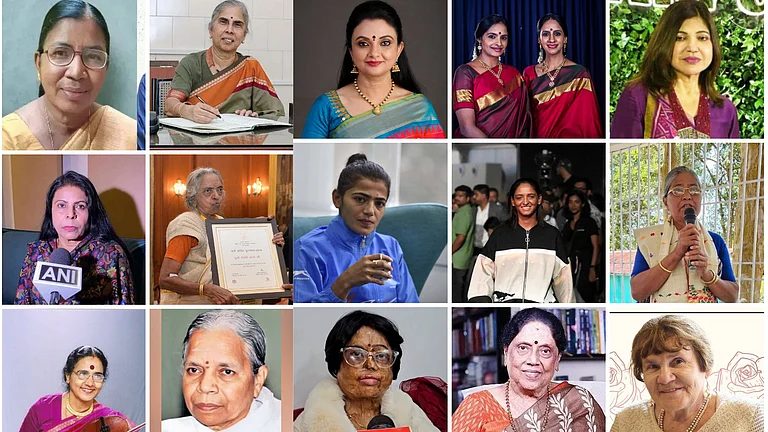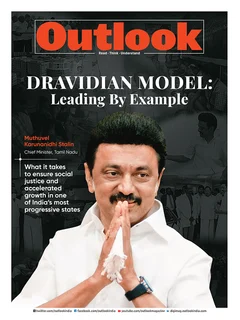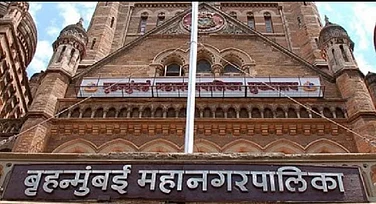Gender justice is the cornerstone of modern society. It is the harmonization of women’s rights and needs into mainstream society. Achieving gender justice is not just getting rid of the existing inequalities; it also entails breaking down detrimental cultural and systematic barriers. By doing so, it aims to provide all individuals with equal rights and opportunities.
While strides have been made in terms of gender equality, progress towards equal rights and opportunities still seems elusive around the world. One in five girls globally still lack access to primary education. In the workforce, the gender gap is estimated to be 20% across the world, reflecting disparities in opportunities, pay, and advancement. Globally, discriminatory laws, policies, and ideologies continue to impede progress. Furthermore, women occupy only 26% of parliament seats globally showing the lack of women in decision-making spaces.
These statistics paint a sobering picture of our reality. This gender gap hinders the progress of societies and individuals alike. Studies have shown that closing the gender gap could add trillions to our economy, showing the economic costs of these disparities. However, economics isn’t the only aspect that gender equality affects. Statistics have shown gender equality has brought about improved health outcomes, reduced poverty, and increased social stability, demonstrating the far-reaching impact of this pursuit.
To bridge these gaps and achieve gender equality, a multipronged approach is necessary. We need to address various aspects of this multifaceted issue. Gender equality is not as simple as ensuring equal opportunities in a single aspect of a woman’s life but requires addressing systemic inequalities across various domains such as education, employment, healthcare, and social participation. This multifaceted nature of gender equality calls for comprehensive strategies that tackle root causes and barriers at both the structural and societal levels. Governments and communities must collaborate to implement policies and initiatives that promote gender equity and destroy discriminatory practices. From reforming laws and policies to challenging cultural norms and stereotypes, efforts must be holistic and intersectional, recognizing the interconnectedness of gender with other forms of inequality such as race, class, and sexuality. Only through concrete and sustained efforts can a country hope to achieve a society where all individuals, regardless of their gender, have equal rights and access to equal opportunities.
Achieving gender justice is not just getting rid of the existing inequalities; it also entails breaking down detrimental cultural and systematic barriers
This fight for gender equality is a continuous journey, and Tamil Nadu, currently finds itself on that path. Recognizing the significance of economic and technological development, gender disparity in education, employment, and social spaces, the Tamil Nadu government has taken various strides in bridging the gender gap to make gender justice a reality. This article will discuss the concrete steps taken by the government and analyse the impact they have had. As this isn’t a one-dimensional issue, the government has taken steps to address issues faced by women in various fields. We will specifically delve into key areas such as education, employment, and social measures, evaluating how these measures will contribute to a more equitable society.
Tamil Nadu boasts double the national average in women’s labour participation. To improve on this, the government has implemented various women-centric/gender-sensitive schemes, including the free bus fare program launched in 2021 by the DMK government. Women and girls can now travel to work away from their homes without worrying about transport costs or depending on others. This scheme also frees them from the dilemma of having to choose between their necessities and travel. This independence provides them with greater control over their lives, which translates to a greater sense of dignity. The positive effects can be seen in the report done by Tamil Nadu State Planning Commission on the Zero-Ticket Bus Travel (ZTBT) Scheme, which reveals compelling statistics. Over 70% of users are under 40, with 46% from SC/ST communities. Users save 8–12% of their income monthly. 88% rely solely on buses. 62% report a decrease in travel time, enhancing productivity and quality of life.
The government has also made attempts to reduce the gender gap in the workforce by creating employment opportunities for women. Two such schemes launched by DMK are the Mahalir Thittam scheme implemented in 1998 and the Sathyavani Muthu Ammaiyar Ninaivu’s free supply of sewing machines scheme. Mahalir Thittam initially focused on empowering women by promoting the formation of self-help groups (SHGs) by providing training and low-interest loans. Studies have shown that these help improve women’s confidence and well-being. The positive impact extends to their families, children, and communities as SHGs actively participate in education and social welfare initiatives.
As this is one of the popular flagship schemes of the present government, it needs a detailed brief. The scheme’s objectives include recognising the unpaid work done by women and to support their economic livelihood/ freedom. Further, data points on how many (1.15 crore) are getting benefited.

The second scheme is similar to the first, as they both aim to economically empower women. Women are provided with sewing machines to enhance their income via self-employment. They are supplied with cut pieces of uniforms, which they then stitch. Investment in this scheme has not only helped improve the economic status of women but also improved the quality of school uniforms overall.
The government also runs hostels for working women to enable them to work without added financial burden. All of these initiatives, together, help gradually increase women’s participation in the workforce.
The government has also implemented schemes to address the disparity in the education enrollment of boys and girls. The Moovalur Ramamirtham Ammaiyar Ninaivu Puthumai Pen Thittam was initiated in 2022 by the DMK government. What began as a scheme to aid women with their marriages by providing gold has now evolved into one that provides 1,000 rupees per month via direct bank transfer to girl students from economically weaker families who studied in government schools from class 6 to 12. This scheme is valid until they complete their undergraduate education. This has helped reduce early marriage rates and encourages students to stay in school for longer.
The gender parity index of Tamil Nadu (the ratio of females to males in higher education) is 0.99. The government has also taken measures to increase this number by encouraging more women to pursue higher education with the help of schemes. Some such schemes include the Periyar EVR Nagammai Free Education Scheme, initiated in 1989–90 by DMK, which provides undergraduate women students with an exemption from tuition fees if their annual income is below Rs. 24,000, regardless of caste. Free coaching centres for I.A.S. and I.P.S. exams have also been set up in some cities.
It would be futile to implement these schemes without addressing the social needs of women. Acknowledging this, the government has taken various measures such as government service homes that offer shelter, education, and vocational training to vulnerable women and girls. This allows them to become independent members of society. Family counselling centres have also been created to provide counselling and rehabilitative services for children and women who are victims of domestic violence.
Though the government has implemented various such schemes for the social welfare of women, the Hindu Succession Amendment Act (1989) passed under the DMK government is arguably one of the most impactful moves by the TN government. The 1956 Hindu Succession Act initially omitted daughters from inheriting joint family property. The amendment declared that daughters are coparceners in joint family property. It also ensured that widows have the same inheritance rights after remarriage as they would have had if their marriage had been their first. Studies have shown that, following the amendment, the number of transfers to women has increased. And the likelihood of female inheritance has increased by 14.5%. The reform has also helped increase the average years of schooling and marriage age. The right to inheritance provides women with economic power, allowing them and their future generations to pursue education and achieve personal goals. Such schemes that address the social needs of women help strengthen the social standing of women, thus playing a crucial role in breaking the cycle of disadvantage and contributing to a fairer society for all.
MORE FROM THIS ISSUE
Through targeted interventions and policies aimed at empowering women and dismantling barriers to their full participation in society, Tamil Nadu is paving the way towards a more inclusive and equitable future. These initiatives empower women, allowing them to escape societal norms not only by providing them with the financial and educational support they require but also by fostering confidence, independence, and a strong sense of dignity. This has a ripple effect, as empowered women entering the workforce, communities, and leadership positions contribute to positive social and economic change. Furthermore, these initiatives serve as a model for other regions striving towards gender equality and societal advancement.


























